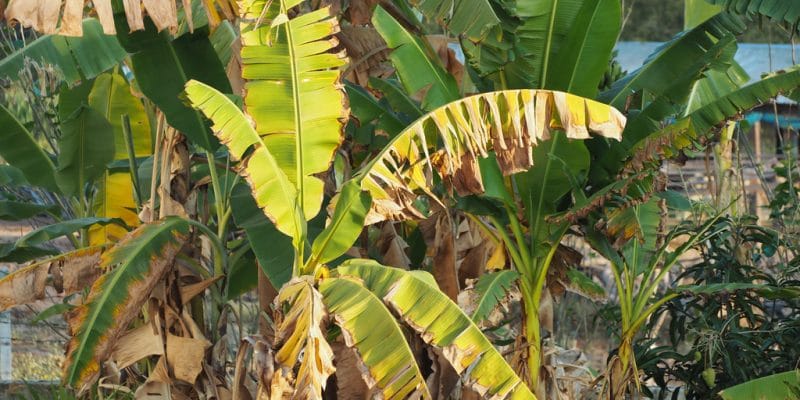The Egyptian government is expanding its partnership with Australia to recycle banana waste. The two countries are tackling this agricultural waste as Egypt prepares to host the 27th Conference of the Parties on Climate Change (COP27) in November 2022.
In Egypt, summer is usually synonymous with bananas, melons, dates, figs and pomegranates. Among these fruits, the banana stands out for its many properties and virtues. Aware of these advantages and the availability of the product in the land of the pharaohs, Australia is planning to develop a banana waste recycling project.
On 5 April 2022, an agreement was signed between the Egyptian Ministry of Military Production and an Australian company. This was part of the Egypt Industry Can conferences, organised by the Egyptian Ministry of Immigration.
Waste and recycling in Egypt
A recycling plant will be built within a year. The facility will then be able to recycle banana waste into paper, fertiliser for agriculture and textiles.
Banana peel is rich in potassium, which is an effective natural fertiliser for plant growth. Simply cut the peels into strips and bury them under plants such as tomatoes and aubergines. Paper such as banknotes and textiles are made from the fibres extracted from banana trunks.
Read Also – AFRICA: the circular economy at the heart of ecosystem preservation
In addition to reducing pollution and deforestation, the aim of both partners is to develop the circular economy of bananas in Egypt. To date, the North African country has made progress in recycling plastic waste, thanks in particular to the multiplication of plants and the diversification of technologies (incineration, pyrolysis, etc.).
For the Egyptian government, the challenge is also to gain experience. “This protocol will enable the transfer of Australian expertise to the African continent, attract new investments to Egypt and contribute to the opening of new markets,” says Nabila Makram, the Egyptian Minister of Immigration.
Inès Magoum






